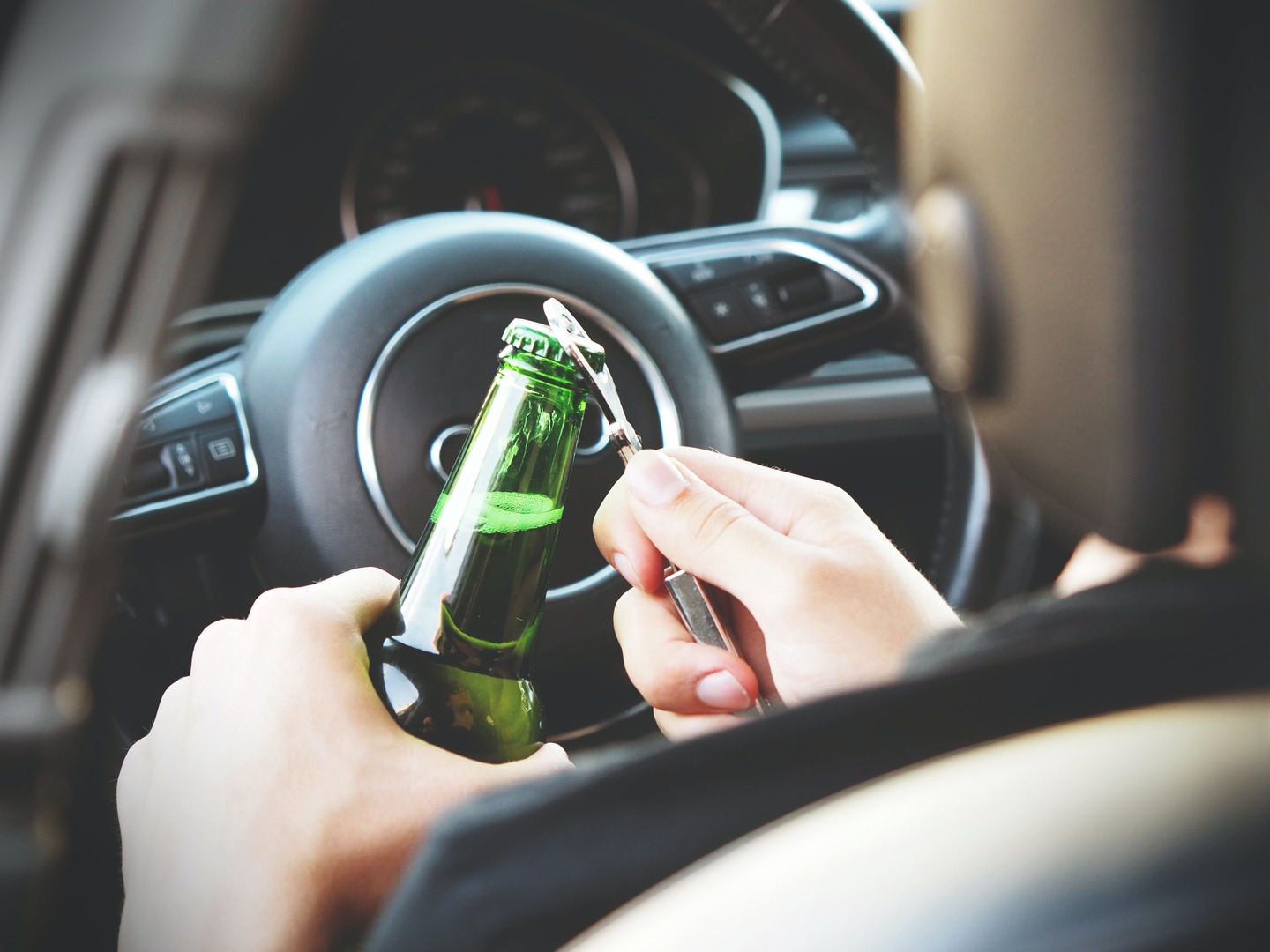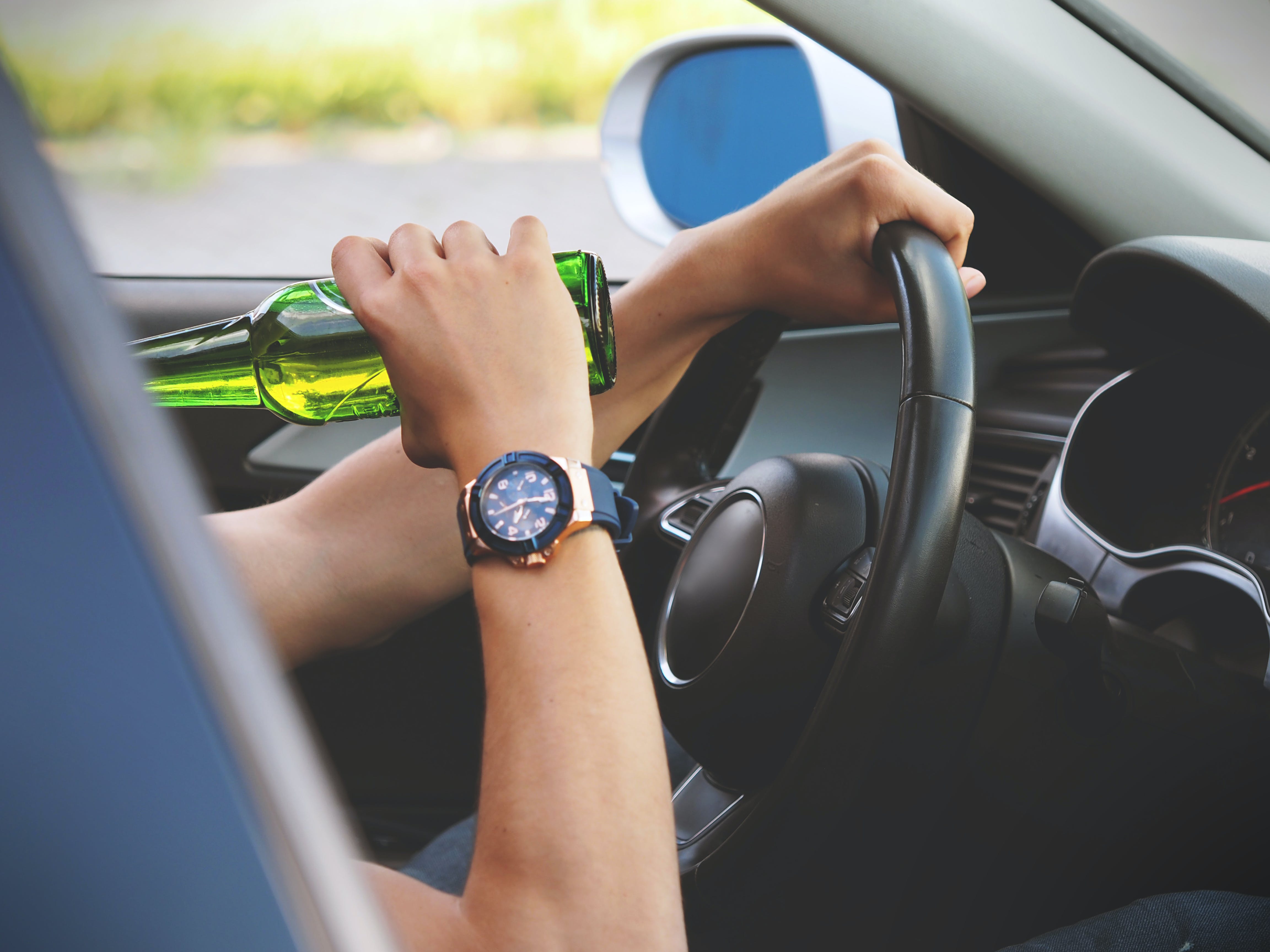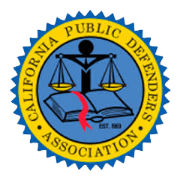
Welcome to an essential guide on Understanding DUI Laws in California: What Happens After the Arrest?.
Imagine this: You’re driving home after a night out with friends, when suddenly you see flashing lights in your rearview mirror. Your heart races as the police officer asks if you’ve been drinking and then requests that you step out of the car for field sobriety tests.
What follows next after the test result? An arrest and a blur of confusion.
This is where understanding DUI laws in California becomes crucial.
Here, we’ll delve into immediate actions post-arrest, discuss DMV administrative hearing process intricacies, walk through court proceedings, DUI penalties and legal defense options available to those charged with a DUI. Plus, get familiarized with potential consequences and what you should hire a defense lawyer, more specifically, a DUI attorney.
Looking forward, it’s not just about gathering information. It’s essential to utilize instruments that can genuinely have an effect.
Table Of Contents:
- Immediate Actions Post-Arrest
- DMV Administrative Hearing Process
- Court Proceedings and Legal Defense
- Consequences and Penalties
- Hiring a DUI Defense Attorney
- FAQs in Relation to Understanding Dui Laws in California: What Happens After the Arrest?
- Conclusion
Immediate Actions Post-Arrest
If you’re arrested for a DUI, taking swift action is essential. Officers can stop vehicles if they have reasonable suspicion of DUI as per California Vehicle Code 23152a VC.
Understanding Sobriety Tests
You could be requested to do field sobriety like a breath test tests at the scene, created to assess your degree of inebriation caused by alcohol or drugs. These may include breath and blood tests for determining your blood alcohol concentration and end with a police report.
The purpose behind these roadside assessments is not only about law enforcement but also safety concerns. Your competency to drive a car securely while under the effects of alcohol will be examined during this procedure.
Navigating the Arrest Process
After being arrested for a California DUI, you’re taken into police custody and transported back to the police station where formal booking takes place.
In order to secure release from police custody, post bail might be necessary depending on the circumstances surrounding your case.
The initial report made by arresting officers forms part of important documentation that shapes subsequent legal proceedings related with your case.
DMV Administrative Hearing Process
After a DUI arrest, you’re thrust into the whirlwind of the DMV hearing process. This is separate from your criminal court case and it’s all about your driving privileges.
The Role of Chemical Tests in License Suspension
In California, when an officer suspects you’ve had too much to drink, they’ll ask for a chemical test. Breath or blood – that’s your choice but refusing isn’t really an option. According to California Vehicle Code 23612, saying no can lead to immediate license suspension by the DMV office.
Your BAC (Blood Alcohol Concentration) also plays its part here; if it’s above .08%, say hello to automatic license suspension courtesy of California DMV.
To contest this suspension, request a DMV hearing within ten days post-arrest. No pressure though. The stakes are only as high as keeping or losing your right to drive.
A skilled DUI lawyer knows how important these hearings are and will work tirelessly preparing for them because once that decision comes down from the administrative hearing…well let’s just say reversing it is tougher than convincing someone pineapple belongs on pizza.
Court Proceedings and Legal Defense
Once you’re charged with a DUI, the real journey starts. California’s Penal Code 825 lays out the process, but let’s break it down.
Navigating the Court Process
The court process is like running a marathon – pacing matters. First comes your arraignment where charges are read aloud.
Next up, pretrial motions kick in; think of these as attempts to fix any hiccups before trial begins.
Your skilled DUI lawyer plays an important role here; they’ll be fighting for your rights every step of this daunting way.
The Role of Plea Bargains in DUI Cases
Plea bargains might seem like easy ways out, but remember that “easy” doesn’t always mean “best”. A plea bargain could lessen your penalties or even drop some charges altogether.
However, accepting one also means pleading guilty to something. So weigh pros and cons carefully with your defense attorney before diving headfirst into this decision.
Consequences and Penalties
The aftermath of a DUI conviction in California can be harsh. You might find yourself dealing with hefty fines, include jail time, or even the stain of a criminal record if you are formally charge.
Understanding Jail Time and Fines
If convicted of a DUI, anticipate experiencing considerable repercussions. Common penalties include spending time behind bars in county jail, paying substantial fines, and living with a lasting mark on your record.
A first-time DUI offense may result in a jail sentence of up to six months. The court also imposes hefty fines that range from $390 to $1,000 but remember – these figures don’t account for additional penalty assessments which could push total costs upwards.
You’ll want to avoid repeat offenses as subsequent convictions carry stiffer penalties. Think longer incarceration periods along with heavier financial burdens; not something anyone would want on their plate.
Your freedom isn’t the only thing at stake here either; your driver’s license is too. It gets automatically suspended by the DMV after arrest due to high blood alcohol concentration levels detected during sobriety tests. But let’s dive deeper into this topic later…
Hiring a DUI Defense Attorney
When it comes to facing a California DUI charge, you’re not alone. There are skilled individuals ready to stand in your corner – we call them DUI defense attorneys.
The Role of a DUI Defense Attorney
A proficient attorney doesn’t just argue for you; they help navigate the complex maze of laws and procedures surrounding sobriety tests and charges. They’ll understand every line on that citation handed over by the police officer, but more importantly, they know how these lines can be challenged.
For instance, was there probable cause for the initial stop? Was the field sobriety test conducted properly? These are questions an experienced California Vehicle Code 23152a VC-versed lawyer will ask.
Research underscores their value: those who hired competent representation had better outcomes than those who didn’t. So while having ‘DUI’ next to your name may seem daunting right now, remember – with a dedicated defense attorney by your side, this is one fight you don’t have to face alone.
FAQs in Relation to Understanding Dui Laws in California: What Happens After the Arrest?
What happens after a DUI arrest in California?
You then face DMV hearings and court proceedings.
Is your license suspended immediately after a DUI in California?
Your license may be temporarily confiscated at the time of arrest. Permanent suspension can occur if found guilty during the DMV hearing or trial.
How long before a DUI is cleared in California?
In California, most first-time non-injury related DUI convictions remain on record for 10 years.
Is jail time mandatory for 1st DUI in California?
Jail isn’t always required but often given as part of sentencing guidelines for first-time offenders; it depends on specific case circumstances.
Conclusion
Gain the power of understanding through this knowledge. You understand DUI laws in California post-arrest.
You know the importance of sobriety tests and how to navigate through the arrest process. DMV hearings aren’t a mystery anymore – they’re part of your knowledge base too.
The court proceedings? Handled! From plea bargains to fines, nothing can surprise you anymore when it comes to DUI charges or penalties in California.
Remember that skilled legal representation isn’t just a luxury; it’s essential. A knowledgeable defense attorney can be your strongest ally throughout this challenging time.
No one wants a DUI on their record, but if faced with such an eventuality: Be informed. Be prepared!





